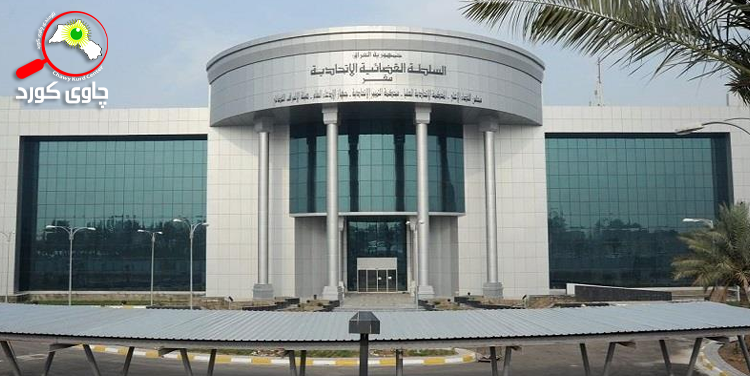Afterward the fall of the former Ba’athist regime, Iraqis enshrined a federal system in the 2005 permanent constitution. This is in order to protect the rights of different communities and prevent the repetition of dictatorship and strict centralism in governance. In every federal system, there is a federal high court to protect the constitution and interpret its texts, resolving disputes between the federal government and the regional governments. The main purpose of this court is to prevent the domination of the majority over the minority, because the majority dominates the other two powers (legislative and executive). It loses its value. To this end, the full independence of this court and its members is emphasized, as they are the guardians of any federal system. Therefore, Article 47 of the Iraqi permanent constitution states of the separation and independence of all three powers (judiciary, legislature, executive). On the contrary, if this court does not maintain its independence and support the majority community that dominates it, the federal system and its political stability will be threatened and dissolved.
In this regard, if we take a position and evaluate the Iraqi Supreme Federal Court in terms of its constitutionality and independence, it is problematic. Article 92 of the Iraqi Constitution, paragraphs 1 and 2, emphasizes the independence of this court and explains that the Federal Supreme Court is an independent judiciary in terms of finance and administration. The second paragraph emphasizes the appointment of its members by the House of Representatives by a two-thirds vote. In reality, however, the members of the Iraqi Federal Court are appointed by political agreement between the ruling parties and communities outside the Iraqi parliament. Therefore, the existence of this court is in itself unconstitutional because it was not established by a constitutional procedure that reflects their independence, so all its decisions must be null and void in terms of legal and constitutional value.
The constitution also defines the powers, scope and specialties of the Federal Court, which generally include monitoring the constitutionality of laws, interpreting constitutional texts, and resolving disputes between the federal government and the governments of regions or provinces. Recently, however, the Federal Court has issued a number of decisions against the Kurdistan Region, some of which are contrary to the constitution, and some of which are not within its jurisdiction.
When the Federal Court rules that the salaries of the Kurdistan Regional Government must be paid directly by the Baghdad government, it is a clear violation of the constitution, because the constitution enshrines the federal system as a social contract that are paid by the regions, with federal employees paid by the federal government. Therefore, the payment of salaries directly by the Baghdad government violates the principle of federalism enshrined in the constitution.
Finally, we can say that the Federal Court, as its name suggests, is responsible for protecting the federalism and federalism system of the country on the basis of its constitution not against another community and government inside the country. The Federal Court in Iraq is both unconstitutional in its existence and structure, and its decisions are unconstitutional and have lost its independence and impartiality. If this goes on and is not corrected, it will be the end of Iraq and the federal system and political stability, because one of the main pillars of any federal system is the independence of the Federal Court in mediation and interpretation of texts and decisions.





























































